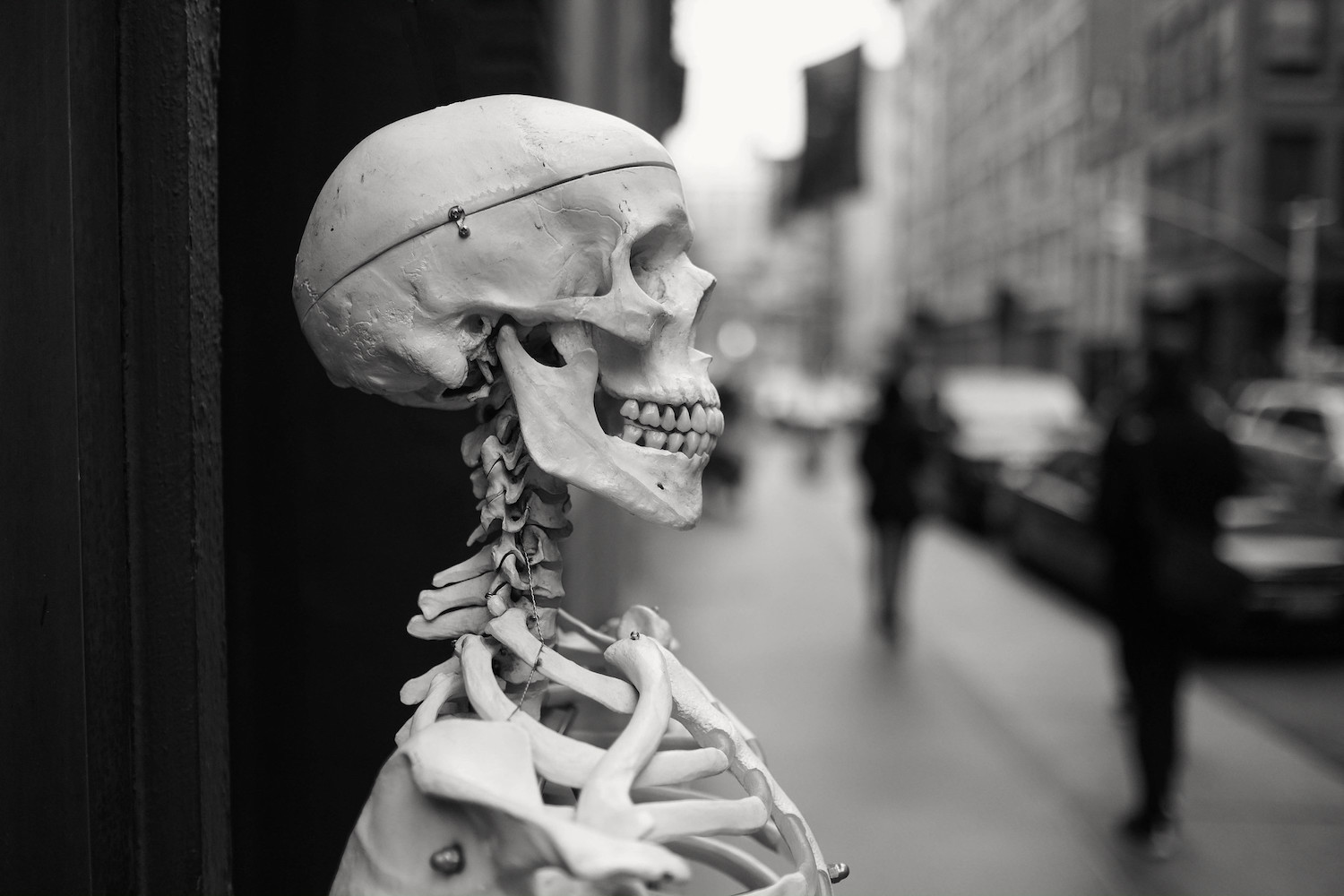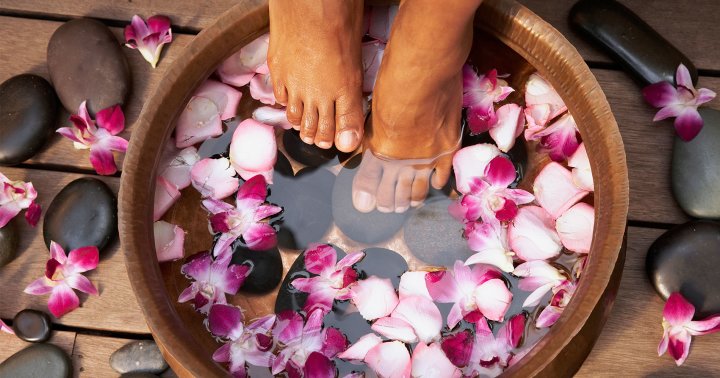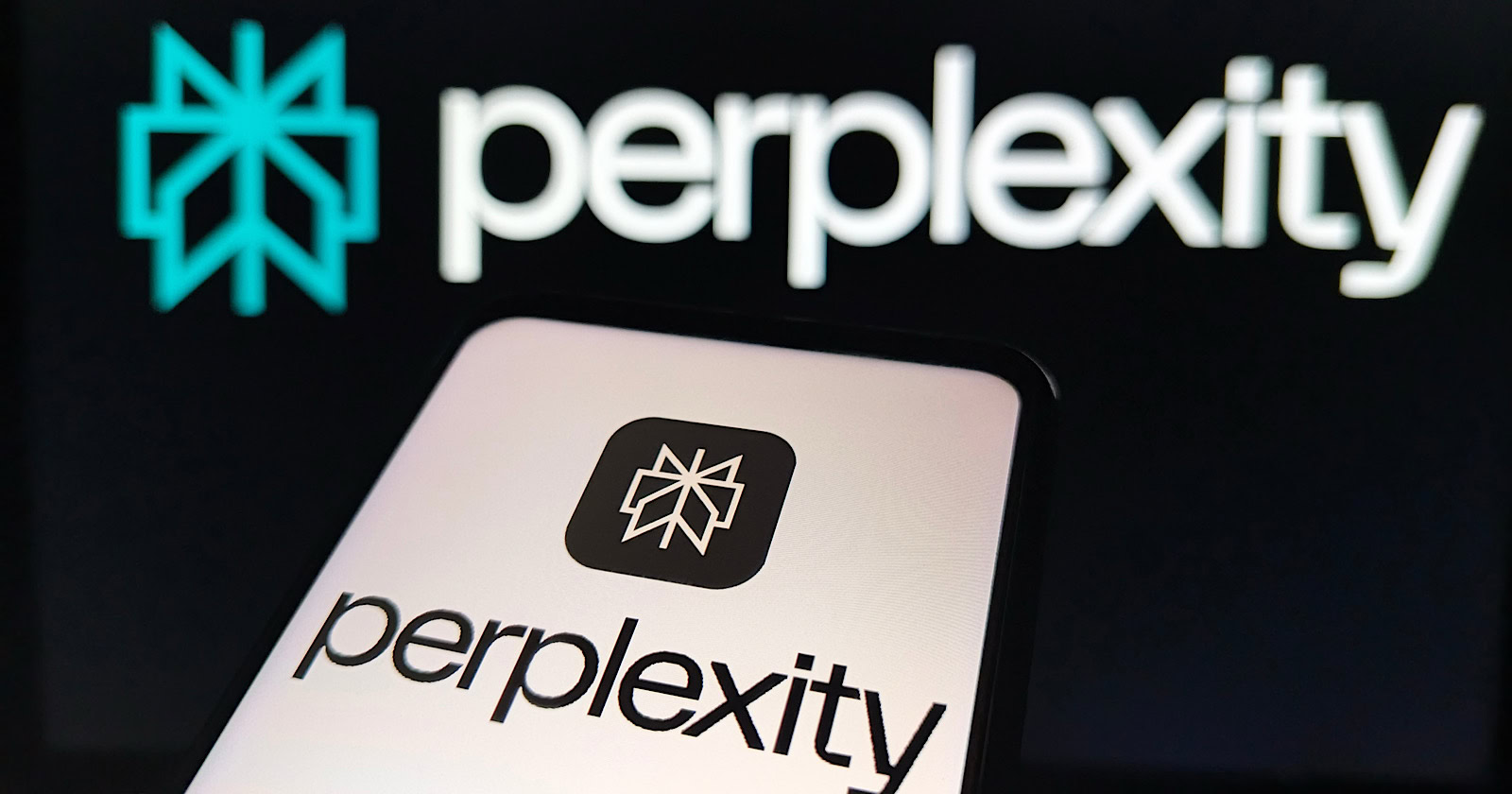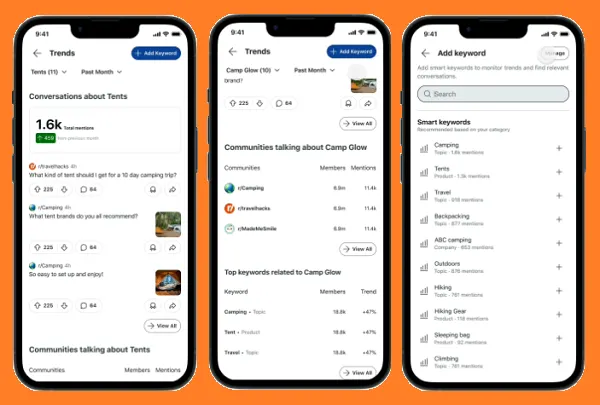Why You Should Stop Looking for Your Purpose and What to Do Instead
“The meaning of life is to find your gift. The purpose of life is to give it away.” ~Pablo Picasso Twenty years is a long time when you know you’re meant to be doing something, but you don’t quite...
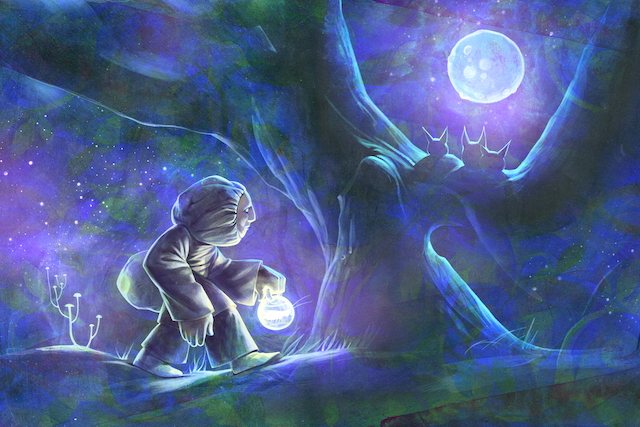

“The meaning of life is to find your gift. The purpose of life is to give it away.” ~Pablo Picasso
Twenty years is a long time when you know you’re meant to be doing something, but you don’t quite know what it is or how to go about doing it.
To cut a two-decade story very short, I found the seeds of my purpose when volunteering in a hospital playroom with pediatric cancer patients in Romania one summer when I was twenty years old. And, though I have made many an attempt over the years, I am only now beginning to truly live the purpose I’ve felt a fire for these past two decades.
Purpose anxiety is a common twenty-first century affliction.
So many of us today seem to struggle with this quest of finding our purpose. And then there’s the other side of that search; when you actually find what it is you’re here to do, how do you go about living it? And if you feel called to do something that feels so much bigger than yourself, how do you go about living up to that vision?
I have struggled with both the before and after of finding my purpose. In the end, it took one small change to terminate my two-decade to-and-fro, and to finally start living my purpose Though it might seem such an insignificant detail, what kept me stuck for so long was the word purpose.
Purpose is just a seven-letter word, but it has a huge emotional charge.
Purpose conjures up so many ideas, ideals, shoulds, and fantasies before you even start to consider what yours is. The pressure is on from the get-go. And this pressure isn’t conducive to finding it.
The other thing about the word purpose is that it seems to live outside oneself—like something lost that you have to find. Another commonly used word for purpose is calling. It has the exact same effect. It’s like something is out there somewhere, guiding you to it, and you have to go on a search to find it.
What finally set me free was changing the word purpose to another.
I clearly remember the moment when I made this change in vocabulary and it all just clicked. I was, maybe quite cliché, looking out onto the horizon while walking along the beach and at the same time wrestling with my purpose-related demons.
That day I seemed to see deeper than ever before into my patterns of self-sabotage and self-doubt, my fear of failure, and what failing would mean to my self-worth. And I remembered something I had heard recently about coming at life from the perspective of what we can give instead of what we can get from it.
I realized that the dark clouds of fear and doubt had made me lose sight of the reason I was on this path in the first place. And I knew I had to get back to my purpose roots—to get back to just giving.
The simple word swap was from purpose to gift.
From that very moment I stopped chasing my purpose and started focusing on giving my gift. With such a profound change in my attitude and action from such a simple change in terminology, I started reflecting on how powerful each word was and what shifts in perspective came from the switch.
Here are three lessons I have learned from replacing the word purpose with gift.
1. You finally end that external treasure hunt.
When you change “What’s my purpose?” to “What’s my gift to share with others?”, the magnitude of the question diminishes. Your gifts live within you. You don’t have to look elsewhere to find them.
So it no longer feels like a treasure hunt with no tools; instead, it becomes a realization that a purpose isn’t a mystical calling that visits us one day in a beam of light. It is quite simply a path of giving our gifts to the world.
2. You realize that you don’t need to live just one true purpose.
The trap of looking for our purpose is that we assume it’s just one big treasure chest that we are on a voyage for.
When I made this subtle change in vocabulary, I suddenly saw that not only did I know what my gift was, but I realized that I had multiple gifts that I wanted to share (including writing). When we look at it as sharing our gifts, we realize that there are so many ways we can live purposefully, and that it can all be part of our purposeful journey through life. So the anxiety of “but is this my true calling?” diminishes.
3. Those feelings of self-doubt or fear around doing something bigger than yourself break away.
Over those twenty years my purpose had taken on a life of its own. If fact, you could say that living my purpose had become my purpose! I had built it up so much in my mind that, in the end, it felt an almost impossibility to make come true. I can’t tell you the number of times I froze at the first hurdle for fear of not living up to the 4D vision I had in my head. I felt incapable of bringing my purpose to life.
But the day I flipped purpose on its head and started seeing it as merely sharing my gift with others, I instantly knew that I was so very capable of that. And the fear, self-doubt, cold feet, and self-sabotaging all just seemed to fade.
So for anyone reading this who identifies as a purpose-seeker, I invite you to try being a gift-giver instead.
Because after all, the point of purpose is to live it, not look for it.
What gifts do you have to share with the world?
![]()
About Angharad Davies
Angharad Davies is a social entrepreneur with an MA in Psychology, whose twenty-year quest to live her purpose has culminated in Reciprostone®, a unique well-being practice that uses the symbolism of a light-filled bowl and a collection of stones to harness gratitude, perspective, and meaning. You can try Reciprostone® for yourself in Angharad’s free workshop. Also, be sure to join her free online community: A Place for Purpose.
See a typo or inaccuracy? Please contact us so we can fix it!

 ValVades
ValVades 








